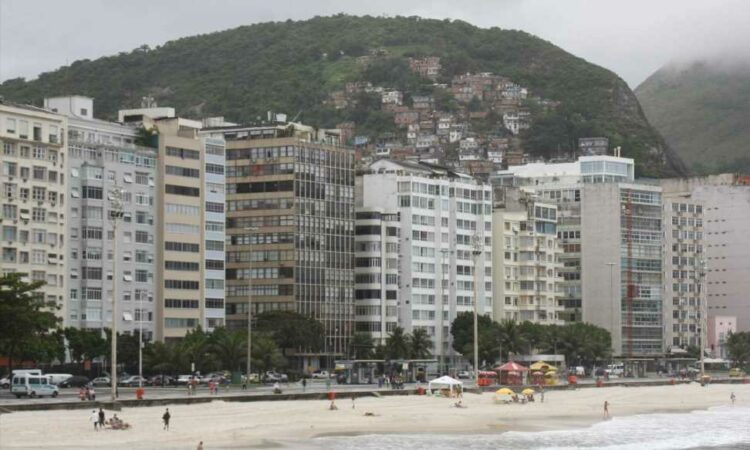Arrivals to the UK from Portugal and South America have been banned due to Brazilian variant of coronavirus – though residents of the UK and Ireland will still be able to travel home.
These are the key questions and answers.
What has happened – and why?
The UK government has been increasingly concerned about a new variant of coronavirus that has emerged from Brazil. Like variants that have been identified in South Africa and the UK, it is alarmingly infectious.
The transport secretary, Grant Shapps, issued a sudden ban on arrivals from every South American country except the Falkland Islands, and also the Central American nation of Panama and the Atlantic archipelago of Cape Verde.
The full list includes Argentina, Brazil, Bolivia, Cape Verde, Chile, Colombia, Ecuador, French Guiana, Guyana, Panama, Paraguay, Peru, Suriname, Uruguay and Venezuela.
The ban takes effect from 4am on 15 January.
In addition, travel between Portugal and the UK has been banned because of the strong links between Portugal and Brazil.
INDY/GO Weekly Newsletter
TIME TO TRAVEL!
Read our full mailing list consent terms here
INDY/GO Weekly Newsletter
TIME TO TRAVEL!
Read our full mailing list consent terms here
Mr Shapps said the ban would act “as another way to reduce the risk of importing infections”.
Fares on the only flight from Lisbon to London on Thursday evening that would get in ahead of the deadline soared to over £360.
Does the Portugal ban apply to Madeira too?
Yes. The “travel corridor” status that the island previously enjoyed, along with the Azores, has now ended.
Are there many people who will be caught by this?
The Latin American ban will have very little effect. Almost no one is travelling between the region and the UK, due to the multiple restrictions and requirements for testing and quarantine.
The Portuguese ban will have much more of an impact, because there are significant numbers of British people either resident or on extended holidays there.
There is an exemption for lorry drivers travelling from Portugal, to allow transport of essential goods.
From Friday 15 January, passenger flights from those countries are banned.
What are the rules for people who normally live in the UK?
This measure does not apply to British and Irish nationals, nor to third-country nationals with residence rights. They will still be able to return home – though the flight ban will make life tricky.
It also applies retrospectively. Anyone who has travelled from or transited through these destinations in the last 10 days must self-isolate for a further 10 days along with their households.
The test-to-release scheme does not apply – so a five-day option is not open to returning travellers.
How is the travel industry responding?
It is yet another blow to travel businesses – on a day when Norwegian, the budget airline that used to fly from Gatwick to Rio and Buenos Aires, announced the closure of its long-haul operations with the loss of more than 1,100 jobs.
Danny Callaghan, chief executive of the Latin American Travel Association, said: “It is vital that this travel ban is reviewed on an ongoing basis subject to the epidemiological situation and the associated risks and not just forgotten about or kicked down the road endlessly.
“There is no doubt that the region’s tourism sector has been hit hard by the economic fallout which has meant that travel to the region, for the most part, has ground to a halt. This development will further have a knock on effect in terms of consumer confidence.”
Source: Read Full Article
